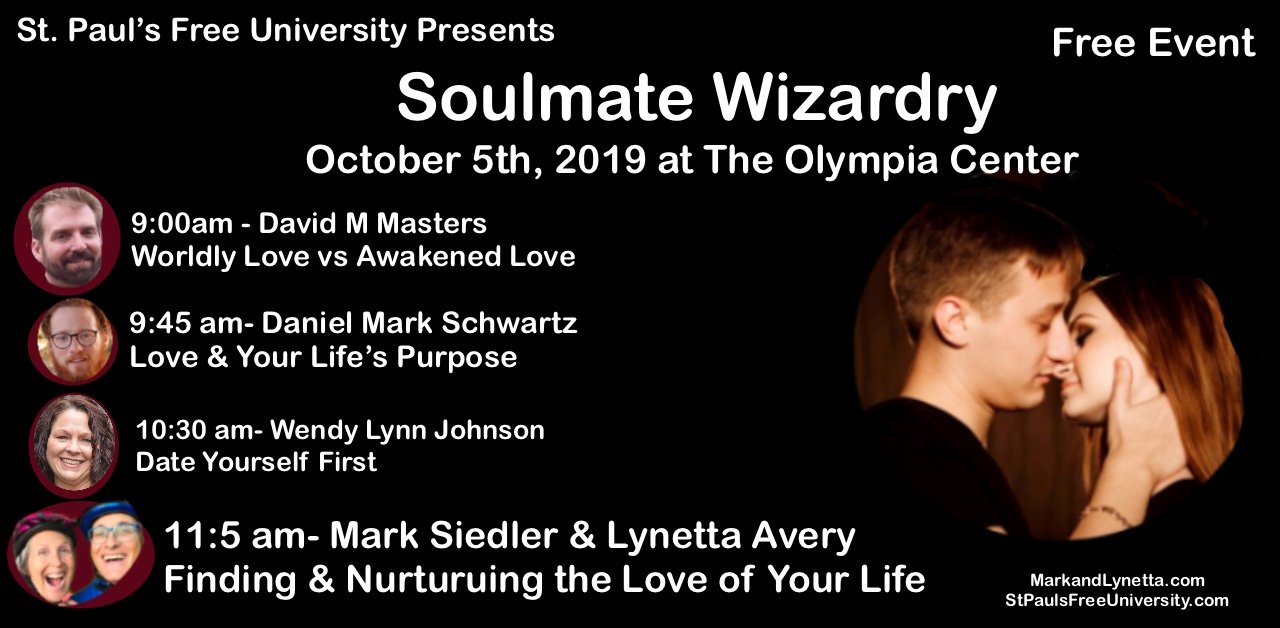In many relationships, fear of abandonment can find ways to thwart your attempts to find love, no matter how you try. Dealing with one who has fear of abandonment issues, whether this applies to you, or someone you’re in love with.

In most, if not all, cases, fear of abandonment can be traced back to one’s childhood. It is often linked with a mother or primary caregiver who was not there to provide the proper nurturing, caring and attentive support to the child. Regardless of the reason for the lack of nurturing, whether the primary had to work, or had personal issues or unavoidable circumstances to properly love and connect with this little baby, this young child grew up insecure.
This insecurity could express itself as either avoidance or anxiety.
Avoidance
In the person who expresses his or her fear of abandonment as avoidance, he (avoidance if far more common among men) or she will likely retreat when his or her partner is crying out for love and connection. When witnessing his or her partner expressing his or her need, the avoider will make a bee-line to a safe place.
Commonly, he or she will retreat to the office, or some other location deemed as a “safety zone,” and so it is not uncommon for avoiders to become workaholics.
As a child, the avoider found self-sufficiency and finding comfort in solitude his or her coping mechanism in dealing with a primary caregiver who did not give them the love, attention, and support they so desperately needed in those young and formative early years.
Anxiety
If the person who was raised with abandonment issues found reward from crying out or clamoring for attention, then this will likely carry over into adulthood. The anxious person carrying fear of abandonment issues will likely be stirring the pot in an attempt to get the attention they seek, even though this obviously is an ineffective method of getting them what they want.
What do they want?
In either case, whether they are operating from a place of avoidance or anxiety, both of these individuals are desperately in search of the love, safety and security they were denied at a very tender, young age.
Since we are often drawn and attracted to someone like our parents, you will have someone in your life that triggers the abandonment threshold which throws you into a state of panic or fight or flight response.
This emotional state of emergency disconnects the part of the brain which is reserved for rational thought as they follow their knee-jerk instincts which seek to protect them from further abandonment. So the avoider retreats and the anxious person who fears abandonment pitches a fit because the avoider feel safe in seclusion and the anxious person gets attention (even though it is negative) when they act up.
This reactivity does not foster a healthy environment for creating a congruent connection between two people. In fact, it does just the opposite, it keeps these two people from having a positive, loving and supportive relationship, which is just the opposite of what they so long to have. But for them, it has not become about connection, it has been reduced to its simplest form of survival, so they react and prevent connection from happening.
And there’s a good chance that you are either one of these, either suffering from avoidance or anxiety paradigms, and you are also in a relationship with one, and there’s an even greater chance that if you are in a relationship with someone also suffering from fear of abandonment, that your partnered with someone who is the other type.
In most fear of abandonment couples, one is the avoider and the other is anxious.
What can I do, if I’m in a relationship with someone who has fear of abandonment issues?
Good question. Thankfully, there is a cure for what ails the person who is dealing with fear of abandonment issues.
Avoidance
The person who is suffering from abandonment and has embraced avoidance as his or her coping mechanism wants love and connection but has no idea about how to get it. He or she retreats and expects you to leave.
The key, here, is to do exactly the opposite of what he or she expects. Don’t disconnect yourself, instead, be totally supportive, reach out and touch the heart of the avoider in such a way that he or she longed for in childhood.
That’s right. Treat him or her like a baby, hold him or her in your arms, look him or her in the eyes and say, “I am here for you. I know you feel like running away, right now, and that’s okay, but I will be right here for you. I love you. I really, really love you. I am here for you and I will never leave nor forsake you. You can depend on me.”
The results may not be immediate, but as you gain the trust of the avoider and he or she begins to realize that you are there for comfort, support, safety, security and benevolently offering your loving kindness, and he or she sees strength, consistency, and dependability in your love, he or she will open up.
This might be the first time he or she has ever felt safe.
Anxiety
The anxious person suffering from fear of abandonment needs the same thing. Needs to know he or she will not be judged or ridiculed, desires to be loved, accepted and embraced in love.
When he or she is acting out, this can look like a rant or a fit of rage, but in reality, it is only this person’s inner child crying out for love and connection.
Likewise, instead of berating or getting defensive, make eye contact in a loving and non-threatening manner, just as you would a little baby, reach out and hold him or her, let him or her know that they are loved unconditionally. And if it was something that you did to trigger this response assure him or her, “Hey, I can see that you’re upset. I’m so sorry. I never meant to do anything to hurt you. I would never intentionally do that. I am here for you. I love you. I am here for you.”
Again, if you are honest and true, your love will shine through in your actions, and this person might be able to feel safe and secure in your love.
The more secure he or she feels over time, the more infrequent the reactions will be.
And there is a third type of person who suffers from fear and abandonment. This one is the,
Trauma
Having suffered trauma as a child, this person acts out more expressively, probably jumping to conclusions and making irrational accusations, over-reacting to circumstances and scenarios that might seem mundane to anyone else.
The traumatics are often their own worst enemy driving away those whom they desperately want to be loved by.
Again, just like everyone else, they are desperately in search of love and connection.
If you are brave and steadfast enough, your love can break through the protective walls they have built around themselves.
Love can be a dirty business, but there is no greater love than being the reason that someone has sincerely felt safe, secure and loved for the very first time.

See you at the Soulmate Wizardry event.





